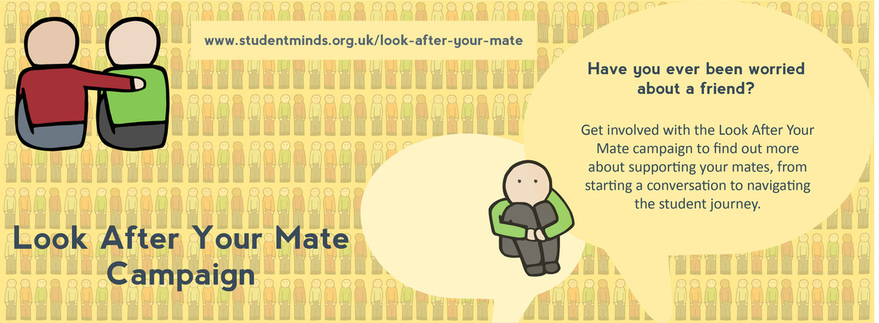If you have a loved one that suffers from Post Traumatic Stress Disorder (PTSD), it is likely that you have sought help for them at some point. Perhaps you took your relative to the doctor, and he diagnosed them with PTSD. This type of mental health disorder can be frightening, as it involves some of the highest levels of physical and emotional pain imaginable. However, if you are wondering what you can do to help your loved one to cope with their symptoms, it may be helpful to look into Post Traumatic Stress Disorder treatment. Here, we will explore some of the ways that people with PTSD have tried to deal with their condition.
One method that is being utilized more often in the treatment of PTSD is art therapy. Art therapy is based on the notion that art has an effect on the human brain. Many psychologists believe that art can actually increase the stimulation of areas in the brain that control emotion and stress. As a result, many patients are able to better control their emotions and symptoms, as well as gain a greater understanding of why they are experiencing such symptoms in the first place. This type of therapy is often used along with other forms of psychological therapy.
Another technique that has been used to treat PTSD symptoms in a number of cases is mindfulness-based psychotherapy. Mindfulness is an important component to developing a successful stress disorder recovery. In this approach, practitioners will teach their patients to slow down and pay attention to the things around them. As a result, the patient will learn to better control their responses to stress and to minimize their symptoms. Other mindfulness-based methods of treatment include yoga and meditation.
Relaxation techniques have also been shown to help those suffering from PTSD. These techniques include deep breathing, meditation, and other things that help the individual to calm themselves. As a result, they are able to better deal with their symptoms and may be able to avoid the symptoms that trigger their flashbacks or nightmares. When relaxation techniques are combined with exposure therapy, it can be particularly effective. Exposing the patient to their fear over a period of time, in a safe setting, can help them to control and overcome their PTSD. As a result, these types of PTSD therapy sessions can help the patient to live a normal and productive life.
Another common method used for PTSD treatment is education. This includes teaching the individual cognitive skills that can help them deal with the disorder. These skills can include relaxation techniques, social skills training, and other things that can help them cope with their fears and feelings of discomfort. As a result, they are less likely to have flashbacks or nightmares.
Stress disorder can cause a variety of physical and emotional symptoms, which can make living a normal day to day life very difficult. Sometimes, these symptoms can be too much for an individual to handle. In these situations, the individual may turn to alcohol to help them relax or eat food to keep them from feeling too uncomfortable. However, if they become addicted to either of these substances, it can worsen their PTSD.
Some people may turn to counseling as a form of treatment for their PTSD. Counseling therapy can help the patient work through their thoughts and feelings and can help them realize that they are not alone in their fears or emotions. The mental health professional will teach the patient about stress disorders and how to manage them. They may also recommend classes or therapy that can help them deal with their flashbacks and nightmares.
In order to treat PTSD, there are many options available to the patient. However, the most popular form of therapy is exposure therapy. This form of therapy can be used alongside any other form of therapy that the patient may wish to pursue. It is often combined with other forms of psychological treatment in an effort to help the PTSD patient to live a productive life and avoid the stress disorder that often accompanies PTSD. If you suspect that you may suffer from PTSD, contact a trained professional today and get the help you need.













